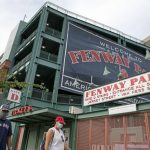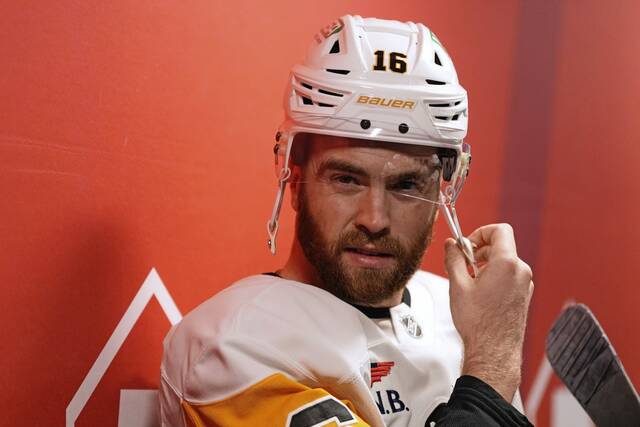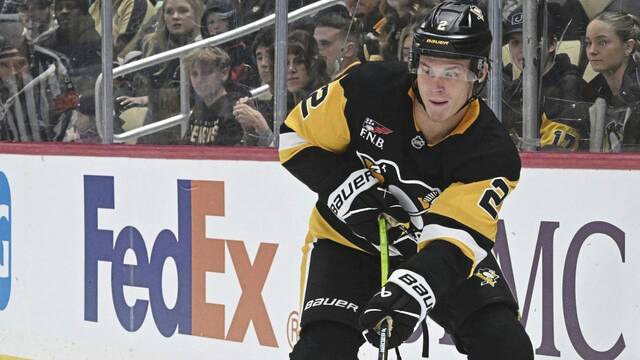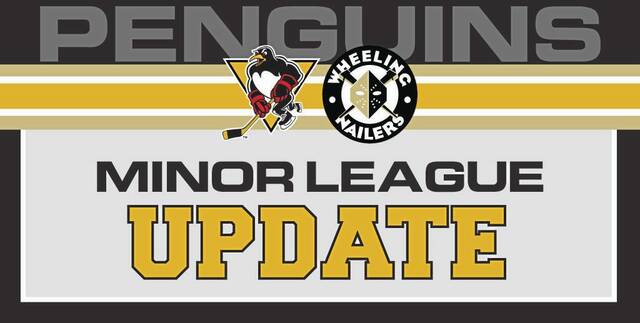The billionaire behind the sports group in advanced negotiations to purchase the Pittsburgh Penguins has been described as a “shy quant” who uses “dispassionate analysis,” stripping ego and emotions out of the decision-making process to turn the teams he owns into cash cows and champions.
John Henry, whose entry in the sports world started as owner of a team in the Senior Professional Baseball Association in 1989, now counts Fenway Park, New England Sports Network, the Boston Red Sox, Liverpool FC, a NASCAR team and The Boston Globe newspaper among his group’s holdings.
“You can’t win in any sport without heavily concentrating on revenue generation,” Henry told ESPN for a 2010 profile on his ownership of the Red Sox. “You have to be relentless in that regard if you are going to be able to afford the kind of players you need to compete at the highest level. There simply is no way around that.”
The next venture is the NHL, where Forbes valued the five-time Stanley Cup champion Penguins at $650 million in December 2020. That ranked 11th among NHL franchises, though Henry has a history of infusing upgrades and turning profits.
“He’s not going to buy anything at the top of the market,” said Michael Holley of NBC Sports Boston, a Point Park graduate, former Globe reporter and columnist and WEEI talk-show host who authored former Steelers coach Bill Cowher’s autobiography, Heart and Steel.
“I think he sees a growth opportunity. In five years, let’s see what the valuation is of the Penguins. I guarantee you it will be up by 25-30%, based on something that he does. Looking at his history, he doesn’t come in and say, ‘Plug and play.’ He comes in and starts doing his assessments and trying to figure out what hasn’t been tapped.
“They are very intentional. John Henry has been intentional from the beginning. He wants to have a lot of sports holdings in a lot of sports. They already have Fenway, the Red Sox, Liverpool, associations with LeBron James. They want to have a hand in everything. They know what they want. They’re good at it. They have a lot of money. When they come in, the teams become more competitive. They devote resources to all of their teams.”
Henry became the sole owner of the Florida (now Miami) Marlins when he bought them for $158 million in 1999, after they followed a World Series championship by losing 108 games. He formed an investment group, along with Tom Werner and Greenfield native Larry Lucchino, that bought the Red Sox for $695 million in December 2001.
The Red Sox were amidst the Curse of the Bambino — they hadn’t won a World Series since 1918, after selling Babe Ruth to the New York Yankees in 1920 — and making plans to build a new, seafront stadium when Henry decided to instead renovate historic Fenway Park.
There have been missteps along the way, from general manager Theo Epstein’s ugly exit to free-agent fizzles and trading 2018 AL MVP Mookie Betts, but the Red Sox have won the World Series four times under Henry’s ownership.
“One thing about this group is they’re going to want to win,” Matt Clement, a Butler native who pitched for the Marlins in 2001 and the Red Sox in 2005-06, told The Fan Morning Show in a guest appearance Wednesday. “That’s the most important piece for the City of Pittsburgh, is they love their teams winning. It might not be different because the Penguins franchise has had a level of success that they want to attain already and have a standard that they won. But it’s not going to change. It’s not going to get worse. It’s either going to stay the same or get better.”
With Henry, there is no status quo. That can be viewed as a positive or a negative, depending on the perspective. Frustrated by baseball’s revenue sharing, Henry sought financial streams in other sports. To the surprise of Red Sox fans, Fenway Sports Group bought Liverpool for $476 million, then upgraded its historic stadium, Anfield.
What falls under the dispassionate analysis is that Henry isn’t afraid to make changes, parting ways with popular, successful managers when he doesn’t believe it’s working.
He fired Red Sox manager Grady Little after he left Pedro Martinez in for the eighth inning in an eventual loss to the New York Yankees in the 2003 ALCS. Despite winning the League Cup and reaching the FA Cup Final in 2012, Liverpool manager Kenny Danglish was fired because of a poor second half of the season.
The moves tend to pay off. In addition to four World Series championships for the Red Sox since 2004, Liverpool won the 2019-20 English Premier League, its first top-flight league title in three decades.
“He’ll put his foot in it, but he’s got enough money that he can get his foot out of it,” Holley said. “He’s done that with the Red Sox. He’s done that with Liverpool.”
The question is, what will Henry do with the Penguins once the Fenway Sports Group takes ownership? PPG Paints Arena opened in 2010, and the UPMC Lemieux Sports Complex training center five years later, so team facilities likely won’t be at the forefront of needs the way it was for the Red Sox and Liverpool FC.
“The NHL is different, a hard cap, but he’ll do everything outside of the cap world to make the Penguins attractive. You watch. It’ll happen,” Holley said. “Two predictions: In a couple years, you’ll look at some of the facilities the Penguins have and say, ‘Oh, this is better.’
“Here’s the other one. Watch out. He’s not done. I’m telling you, he will buy an NBA team. I’m not sure which one — it’s not going to be the Celtics — but they’ll buy an NBA team and people in Pittsburgh will say, ‘What does this mean?’ It won’t mean much. This is what happens when you’re a billionaire. You can put your money in a lot of places and still not have your holdings suffer.”













